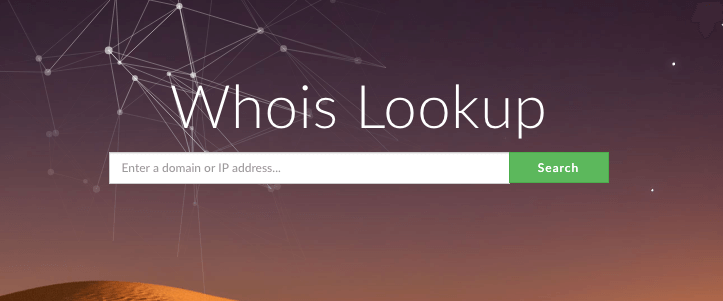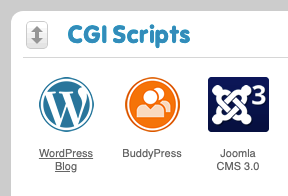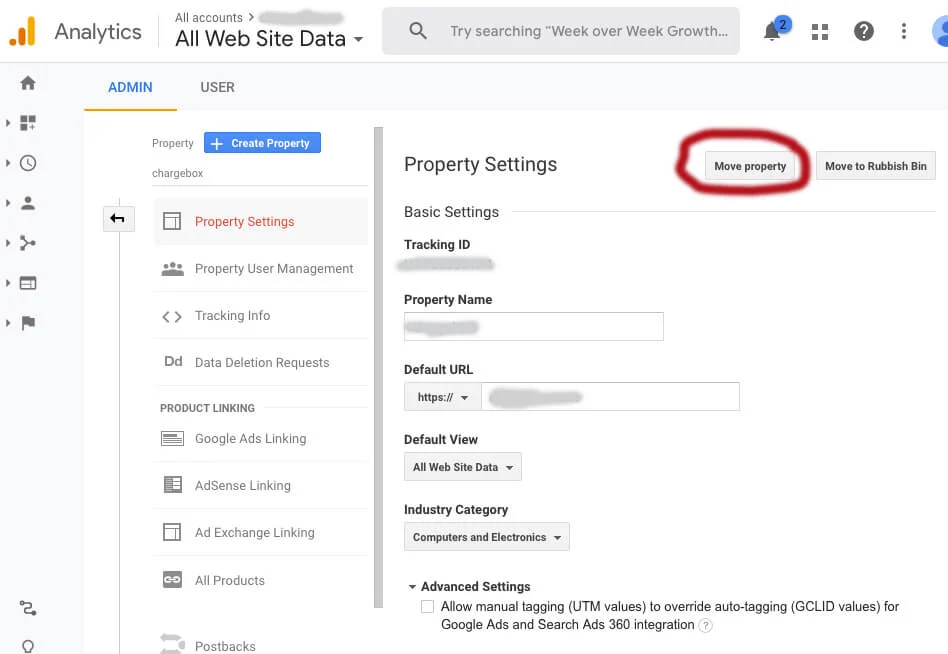No website access? How to fix it
Contents
Many articles rub salt in the wound when they tell you what you should have done when hiring an agency to build your website. This doesn’t help you much when, months later, you are in a situation where you cannot update your website and the agency refuses to give you access.
This article offers tips to help you regain website access if you’re stuck.
Who owns your website?
There are two key elements here, the domain name and the hosting.
Did you purchase the domain name from a domain registrar such as Go Daddy or 123reg?
Yes – great you own the domain and you will have login access to the domain registrar to administer your domain settings. You may wish to do this if you want to point the domain name at a new website you have built. If you don’t have login access or have forgotten your login details it should be fairly straightforward to get in via the ‘forgotten password’ route or to contact the registrar’s support team to get in. If you have forgotten which domain registrar you are using you can simply do a whois lookup on your domain and find out where it is.

No – the agency bought it and therefore technically the agency owns the domain. But if you no longer have an arrangement with them, they won’t wish to retain the burden of paying for the domain, particularly when you no longer pay them for it! Action: set up an account at a domain registrar and request a domain transfer. All the web agency needs to do is agree to that request (electronically) and within a few days, the domain is in your control.
Did you purchase the website hosting?
Yes – great you own the website itself. If you don’t have login access to the hosting or have forgotten your login details it should be fairly straightforward to get in via the ‘forgotten password’ route or to contact the registrar’s support team to get in. Again, if you don’t know where your website is hosted, a whois look-up will reveal where the domain is registered which is often the same place as where the website resides. If the website isn’t hosted where the domain is registered, then by looking at the DNS settings for your domain, you will see where the domain points to.
No – this is probably the worst of the scenarios but resolving is certainly achievable. In this instance, the agency will own the hosting environment and technically own the CMS platform containing your website’s content too. Helping to resolve this would take a bit of time on their part and I’d expect they would charge you for the privilege. Using WordPress as an example, it would be more than half a day’s work. The following section describes how you can get your website moved to new hosting and be free from agency clutches. 🙂
Moving your website to new hosting
If you don’t own the hosting, here’s how to move your website and take control:
New hosting
Purchase new hosting (you’ll definitely be the owner then!), ideally at the same place your website domain is registered. You need to ensure the hosting provider is able to support the CMS (Content Management System) on which your website is built and maintained. If the website is built in WordPress, your new hosting provider will need to be able to support WordPress.
Get agency support
Get the agency to agree to assist with the following:
- Perform a full website backup and transfer the files to you. This backup should include the database and all the files (images et al) and folders. For platforms such as WordPress, there are plugins you can install (e.g. UpDraft) which will create a full backup for you which you can then go and restore to a new system.
- Generate and provide a full website sitemap.xml file. As a last resort, the sitemap will provide you with your website’s urls you can recreate or create redirections from and preserve SEO.
Install or configure your new website CMS in your new hosting. Your hosting provider will often have a website setup ‘wizard’ which will install your CMS for you and base website.

- Restore your backup file in the new hosted CMS.
- Test your website and go-live!
You own the hosting, but you don’t have access to the Website’s CMS (Content Management System)
In this situation, the agency will almost certainly have admin access to your CMS platform. You will need to ask them to create an Admin account for you. Once done you can
- Remove the agency’s access
- Manage the website yourself, or
- Pass the management of the website to a trusted partner.

Other things to think about
- Google Analytics – to preserve your historical website traffic data, you are better off keeping the existing Google analytics account. Ownership of your Google analytics account is easily transferred:
- Set up your own Google Analytics instance
- Ask the agency to grant you admin access to the Google Analytics Property for your website (in their instance)
- Via the Property Settings, use the Move Property function to move your website property to your Google Analytics instance
What about hosted platforms such as Wix, Weebly and Squarespace?
These platforms are usually an all-in-one situation where the domain, the hosting and the website are all together. Just like with a domain, if an agency creates the account for you on any of these hosted platforms and builds the website for you – technically they own the website! Bugger!
Fortunately, this is a common occurrence on these platforms! But, there are tools available to make the change in site ownership less painful. All you need is agreement from the agency to proceed. Here are a few resources on how to do this by platform:
Changing website ownership
Help on migrating wordpress websites to new hosting
https://www.wpexplorer.com/migrating-wordpress-website/
Help on migrating drupal websites to new hosting
https://www.ostraining.com/blog/drupal/move-your-drupal-site-to-a-new-location
Measures to prevent moments like this in the future
- Purchase your own domains and hosting.
- Established ownership in your contract with the agency.
- Get admin logins to all elements. (Registrar, hosting, CMS, Google Analytics, other tools)
- Run regular backups of your website.
- Any assets your agency creates for the website. I.E., videos, brochures, infographics, images. Ensure you ask for the source files so you can make amendments in the future.